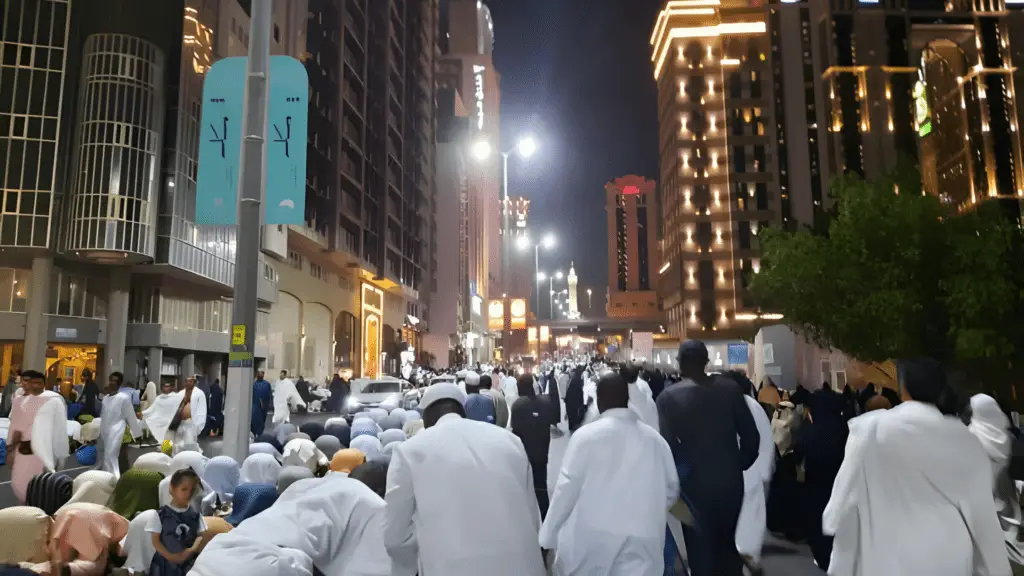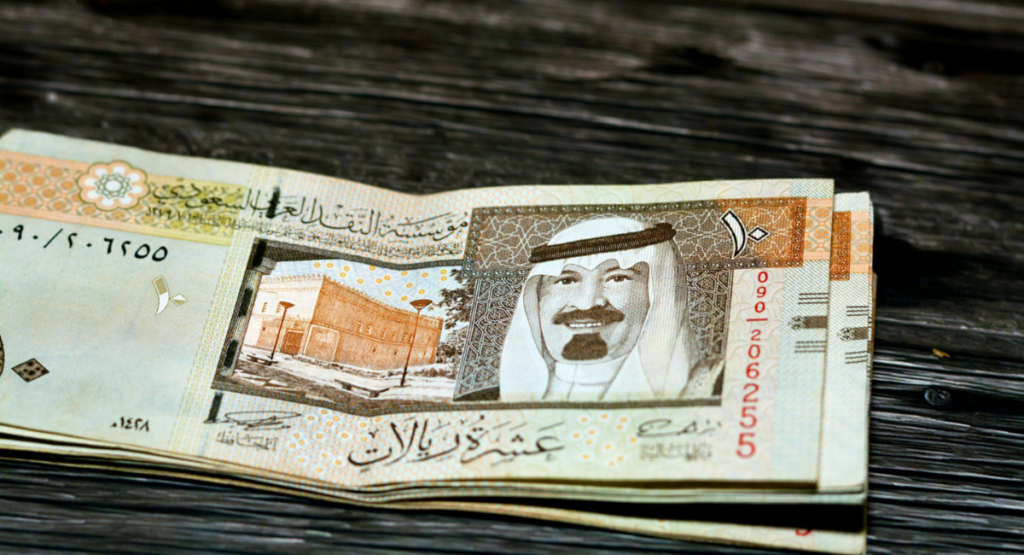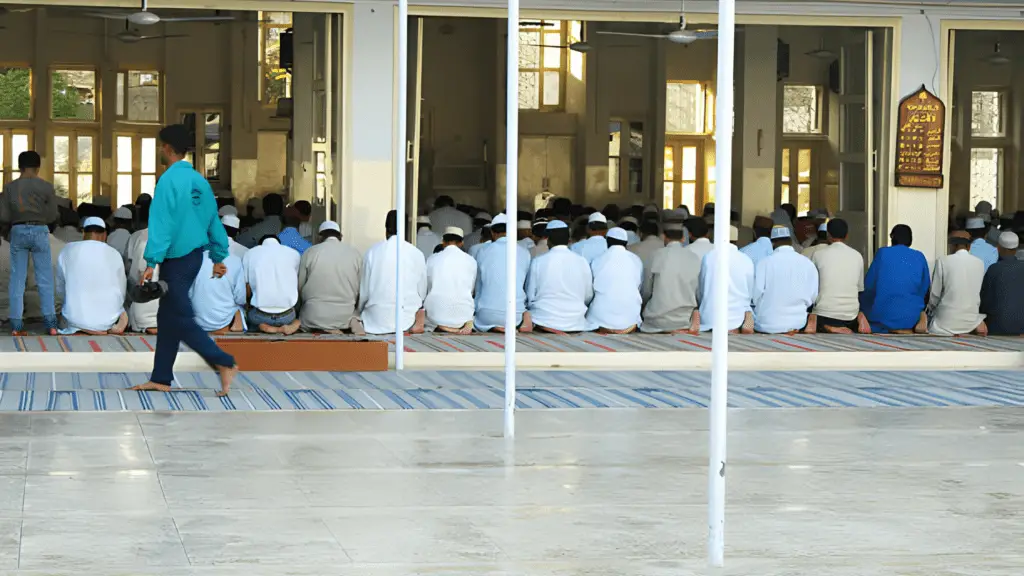Traveling to Saudi Arabia, like any other country, requires an understanding of its local laws and customs. The kingdom has specific regulations rooted in its cultural and religious values. Being aware of these regulations, including the list of banned items and activities, is crucial for anyone visiting or moving to Saudi Arabia. Here’s a comprehensive guide to help you understand these regulations:
list of things banned in Saudi Arabia
1. Banned Items
- Alcohol and Drugs: Saudi Arabia has a strict zero-tolerance policy regarding the import, use, and sale of alcohol and illegal drugs. Penalties for violating these laws are severe.
- Pork and Pork Products: Due to Islamic dietary laws, the import of pork and pork products is forbidden.
- Non-Islamic Religious Materials: While private worship is allowed, the public display and import of non-Islamic religious materials, including Bibles and religious symbols, can be restricted.
- Pornographic Materials: Any material that the Saudi authorities deem to be pornographic, including magazines, books, videos, and software, is prohibited.
- Items Contrary to Islamic Morality: This can include items like statues, figurines, and certain types of artwork.
- Electronic Devices with GPS: Some electronic devices with GPS capabilities may be subject to scrutiny, although smartphones with GPS are generally acceptable.

2. Banned Activities
- Public Practice of Non-Islamic Religions: While private practice is allowed, any public display or practice of religions other than Islam is prohibited.
- Drinking Alcohol: Consumption, production, importation, or sale of alcoholic beverages is illegal.
- Drug Use: Use, possession, trafficking, and smuggling of drugs are serious offenses with strict penalties.
- Gambling: All forms of gambling are illegal in Saudi Arabia.
- Unmarried Couples Cohabitating: Unmarried foreign couples living together in Saudi Arabia is not permitted.
- Public Displays of Affection: Modesty and discretion are expected in public, including limitations on public displays of affection.
- Photography Restrictions: Photography of government buildings, military installations, and palaces is prohibited. It’s also respectful to ask for permission before photographing people.

3. Dress Code and Public Behavior
- Dress Guidelines: Guests should adhere to modest attire when in public.. This includes covering shoulders and knees for both genders. Women are not required to wear the traditional abaya or cover their hair, but modest dress is expected.
- Gender Segregation: In some public places, there may be segregation based on gender.
- Smoking: Smoking is banned in many public areas, and violations can result in fines.

4. Cultural Sensitivity and Laws
- Respect for Local Culture: Visitors should show respect for Saudi Arabia’s Islamic traditions and culture.
- Criticism of the Royal Family or Government: Public criticism or discussion about the royal family or government policies is not advised.
- Social Media Use: It’s important to use social media responsibly, as content that is considered offensive or critical of the kingdom can lead to legal issues.
5. Import Regulations
- Medication: Some medications that are legal in other countries might be considered illegal in Saudi Arabia. Always carry a doctor’s prescription for any medication you are bringing into the country, and check its legal status beforehand.
- Electronic Equipment: While most electronic devices are permitted, items that are deemed to compromise national security may be banned or subject to inspection.
- Censorship of Media and Books: Books, magazines, and media that are perceived to violate Islamic teachings or Saudi morals may be confiscated or censored.
6. Social Conduct and Laws
- Respect for Islamic Rituals: Non-Muslims are not expected to partake in Islamic religious practices, but they should show respect during prayer times, which occur five times a day.
- Ramadan Observance: During the holy month of Ramadan, eating, drinking, and smoking in public during daylight hours are prohibited, even for non-Muslims.
- Interaction Between Men and Women: Unrelated men and women are generally expected to maintain a certain level of decorum when interacting in public. Recent reforms have relaxed some of these restrictions, but modest behavior is still expected.

7. Driving and Transportation Regulations
- Women Driving: Women are allowed to drive in Saudi Arabia, but it’s important to carry the appropriate driving license.
- Traffic Laws: Saudi Arabia has stringent traffic laws, and violations can result in heavy fines or detention. The use of seat belts is mandatory, and the use of mobile phones while driving is prohibited.
- Car Rentals: Visitors can rent cars, but they need to have an international driving license and insurance.
8. Legal System and Rights
- Legal Representation: Understanding your rights in terms of legal representation is crucial. In case of legal trouble, contact your embassy or consulate for assistance.
- Dispute Resolution: For commercial disputes, Saudi Arabia has specific legal processes, often influenced by Islamic law, which may differ significantly from Western legal systems.

9. Employment and Business Conduct
- Work Visas and Permits: Ensure you have the correct visa and work permits if you are in Saudi Arabia for employment. Working on a tourist visa is illegal.
- Business Etiquette: Saudi business culture values relationship building and respect for hierarchy. Familiarize yourself with local business customs and practices.
10. Environmental Laws
- Littering and Waste Disposal: There are strict laws against littering in public spaces, and fines can be imposed for violations.
- Conservation Efforts: Respect local wildlife and natural reserves. There are laws aimed at protecting the environment and endangered species.
11. Respect for Public Decorum
- Public Behavior: Acts that are considered public disturbances, such as loud music or unruly behavior, are frowned upon and can lead to legal repercussions.
- Cultural Sensitivity in Dressing: While Saudi Arabia has relaxed dress codes in recent years, dressing conservatively, especially in public places and holy cities, is still expected.

12. Restrictions on Photography
- Consent for Photography: Always seek permission before photographing people, particularly women. Taking pictures of strangers without consent can be considered invasive and disrespectful.
- Sensitive Locations: Avoid photographing government buildings, military facilities, and other sensitive infrastructure. If in doubt, refrain from taking pictures.
13. Compliance with Health Regulations
- Health Guidelines: Adherence to health regulations, especially those related to public health crises like the COVID-19 pandemic, is critical. This includes wearing masks, social distancing, and adhering to quarantine rules.
- Medical Insurance: Medical insurance is mandatory for expatriates in Saudi Arabia. Ensure that your health insurance is valid and covers your needs.
14. Alcohol and Substance Regulations
- Strict Prohibition: The consumption, possession, and trafficking of alcohol and drugs are strictly prohibited. Penalties for these offenses are severe and can include imprisonment, fines, and deportation.
- Tobacco Regulations: Smoking is banned in many public areas. Be aware of no-smoking zones to avoid fines.

15. Observance of Local Traditions and Holidays
- National and Religious Holidays: Respect local traditions during national and religious holidays such as Eid al-Fitr, Eid al-Adha, and Saudi National Day. These periods may also affect business hours and public services.
- Understanding Local Customs: Familiarize yourself with local customs and traditions, which can vary significantly across different regions of Saudi Arabia.
16. Legal Status and Documentation
- Visa Regulations: Ensure your visa and residency documents are up-to-date. Overstaying or violating visa conditions can lead to fines, detention, and deportation.
- Carrying Identification: Carry your identification (Iqama for residents or passport for visitors) at all times. You may be asked to show ID by authorities.

17. Financial Regulations
- Currency and Banking: Understand the local currency and banking laws, especially if you’re working or doing business in Saudi Arabia. There are regulations regarding currency exchange and the movement of money in and out of the country.
- Taxes and Duties: Be aware of any taxes or duties you may be liable for, especially if you are importing goods or earning an income in Saudi Arabia.

18. Respecting Islamic Practices and Sites
- Holy Cities: Non-Muslims are not permitted to enter certain parts of the holy cities of Mecca and Medina.
- Ramadan Observance: During Ramadan, eating, drinking, and smoking in public during daylight hours are prohibited for everyone, including non-Muslims.

Conclusion
Understanding and respecting these regulations is crucial for a trouble-free visit or stay in Saudi Arabia. The kingdom is opening up more to tourism and foreign cultures, but it maintains strict policies on certain aspects rooted in its cultural and religious ethos. It’s always advisable to stay updated with the latest guidelines from official sources before traveling. Being aware of and adhering to these regulations will not only ensure a trouble-free stay in Saudi Arabia but also enrich your experience in the kingdom. The country offers a unique blend of tradition and modernity, and respecting its laws and customs is key to appreciating its rich cultural heritage.


